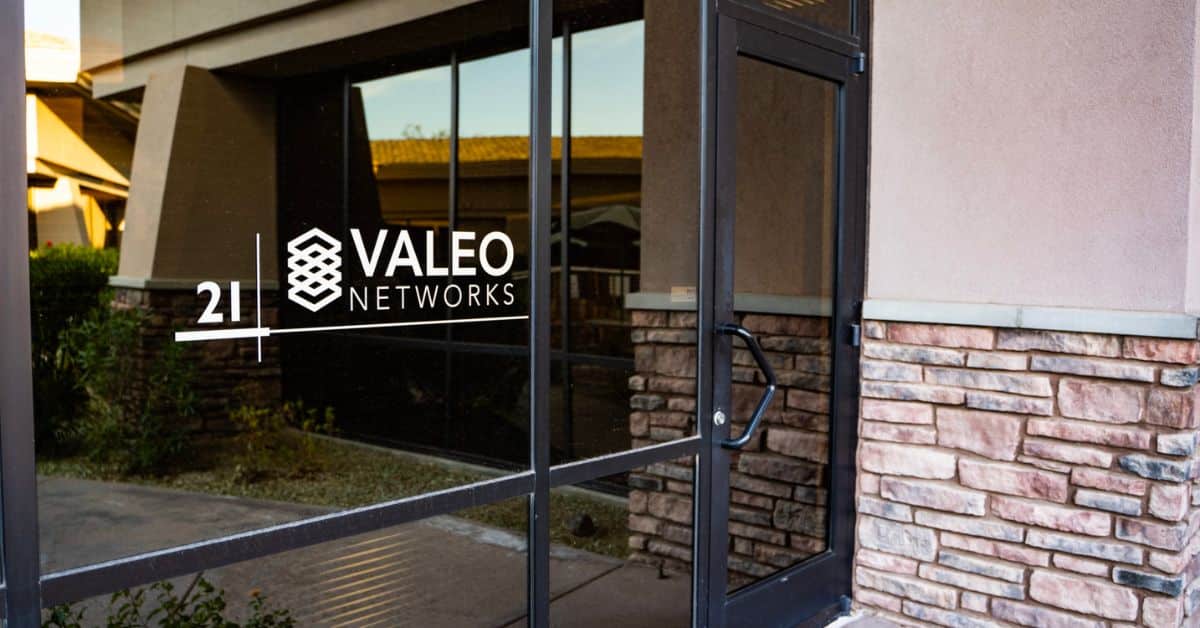Valeo Networks: Recognized as Top 100 Vertical Market MSP in 2022 by ChannelE2E
Seventh-Annual List Reveals Leading MSPs in Healthcare, Legal, Government, Financial Services & More Rockledge, FL (April 26, 2022) – Valeo Networks,...

As a business owner, you understand being compliant means running your business under the state and/or federal guidelines that apply to your industry. There are many industries who may run into several different compliance requirements, but the basic concept of being compliant is the same. Essentially, it’s ensuring your company follows identified rules, laws or best practices. It includes safely managing the information your company obtains from employees or customers, and also creating and following a strict internal policy that adheres to regulations.
While there are general laws that can apply to most businesses, such as Franchise tax or Fair Labor Standards Act (FLSA), there are additional compliance requirements for specific industries, such as the Health Insurance Portability and Accountability Act of 1996 (HIPAA) for health-care organizations or the Payment Card Industry Data Security Standard (PCI-DSS) for retail or restaurant businesses. According to Online Tech, HIPAA compliance also applies to “anyone who provides treatment, payment and operations in healthcare, and business associates (BA), anyone with access to patient information and provides support in treatment, payment or operations. Subcontractors, or business associates of business associates, must also be in compliance.”
Most importantly, the core of these compliance requirements is centered on how your network and IT systems are setup and managed on a day-to-day basis. Having a seasoned managed service provider (MSP) handle this can make or break your ability to be compliant.
We’ve compiled this general compliance checklist to help you get started.
Hiring a managed service provider (MSP) that is familiar with your particular industry’s compliance guidelines will guarantee your business meets requirements. Valeo Networks offers support for everything listed above and specializes in HIPAA and PCI-DSS compliance. Contact us to learn more!

.webp)
Seventh-Annual List Reveals Leading MSPs in Healthcare, Legal, Government, Financial Services & More Rockledge, FL (April 26, 2022) – Valeo Networks,...

Funding to Help Valeo Networks Expand its National Cybersecurity Growth Strategy Rockledge, FL (October 26, 2021) – Valeo Networks, an...

Wayne T. Price , FLORIDA TODAY 9:29 a.m. ET Feb. 17, 2017

With cutting-edge technology and quality customer service,
you’ll find everything you need to help your company soar
with Valeo Networks.
1006 Pathfinder Way
Rockledge, FL 32955
Business Hours:
M-F: 8AM-9PM
© 2026 Copyright Valeo Networks. All Rights Reserved.